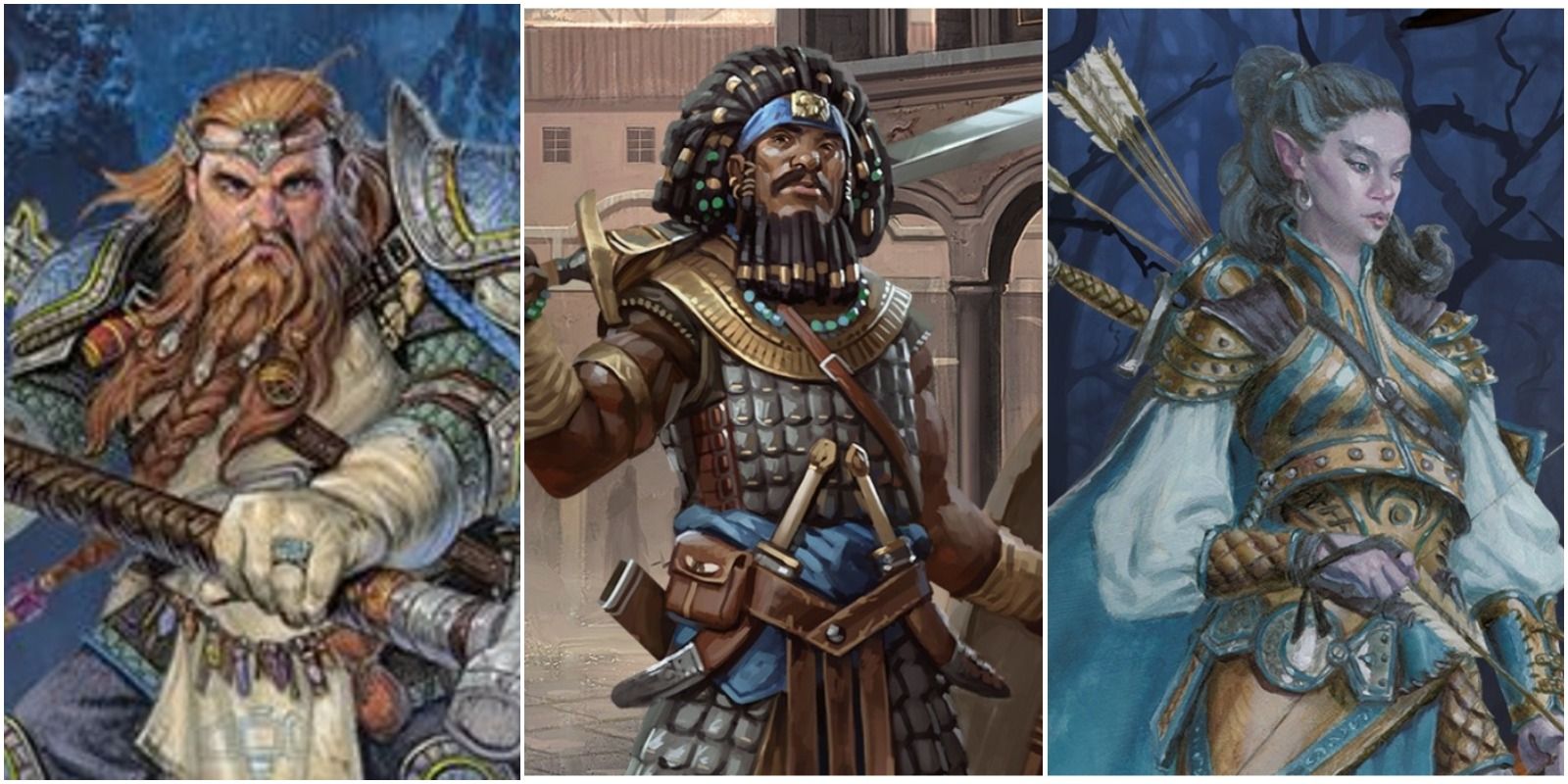
Picking a class is possibly the most vital aspect of creating a Dungeons & Dragons character. A player's class determines how they will handle combat encounters, what skills they gain proficiency in, and even certain aspects of their roleplay.
RELATED: Dungeons & Dragons: Essential Tips For Creating A New Character
Every class in the game has its ups and downs, its pros and cons. Players must consider each these carefully when choosing how they will play their next campaign. Does a class's advantages outweigh its drawbacks? Or are certain aspects deal breakers? It's up to the player to decide what's worth sacrificing for the magnificent abilities each class has the potential to harness.
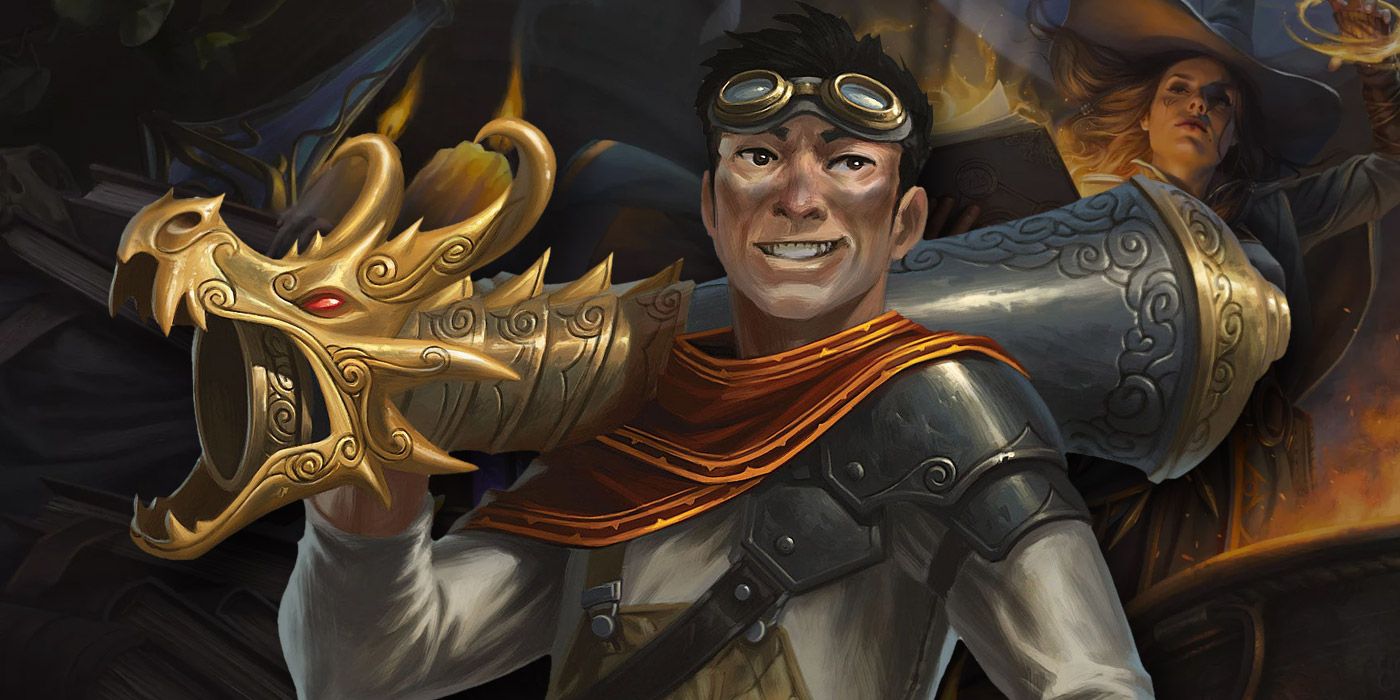
Playing an Artificer allows players to flex their creative muscles by way of Artificer Infusions. A simple touch can turn a pair of boots into a teleportation device, add damage to weapons, or create a homunculus servant. Outfitting their party with fantastical gear is what Artificers do best.
As a fairly new class, the Artificer's subclasses are all a bit bare bones. Alchemists can produce a very limited variety of tonics; Artillerists have don't have many options for weapons they can create. Aside from creating admittedly very fun items, there's not a lot that gives this class power or distinction.
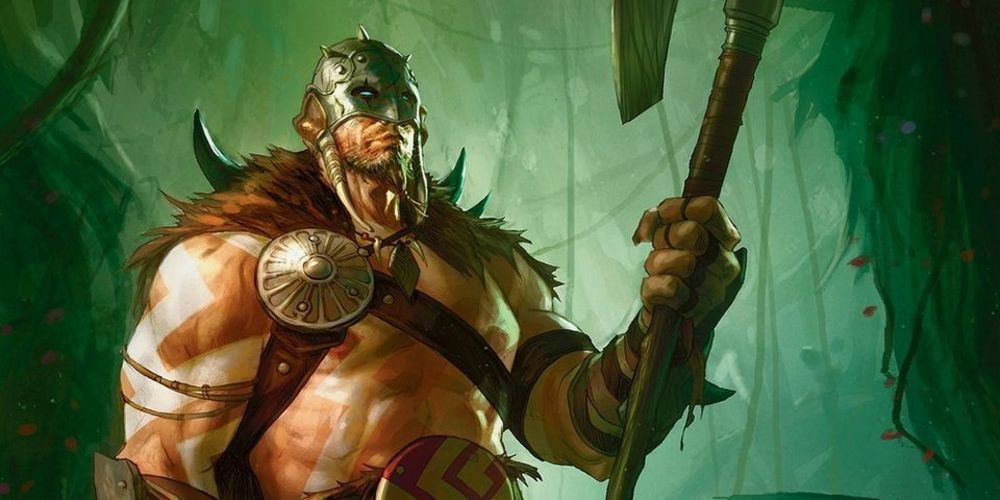
Barbarians are difficult to kill. Their Rage action allows them to hit harder while resisting bludgeoning, piercing, and slashing damage. Meanwhile, Unarmored Defense greatly increases the player's AC if they choose to go without armor.
After obtaining the class features that they do in the early levels, Barbarians don't gain much until level 20. Thus, the middle levels can feel dull for the player. Barbarians aren't very versatile; they're good for hacking and slashing and crushing skulls, but not much else.
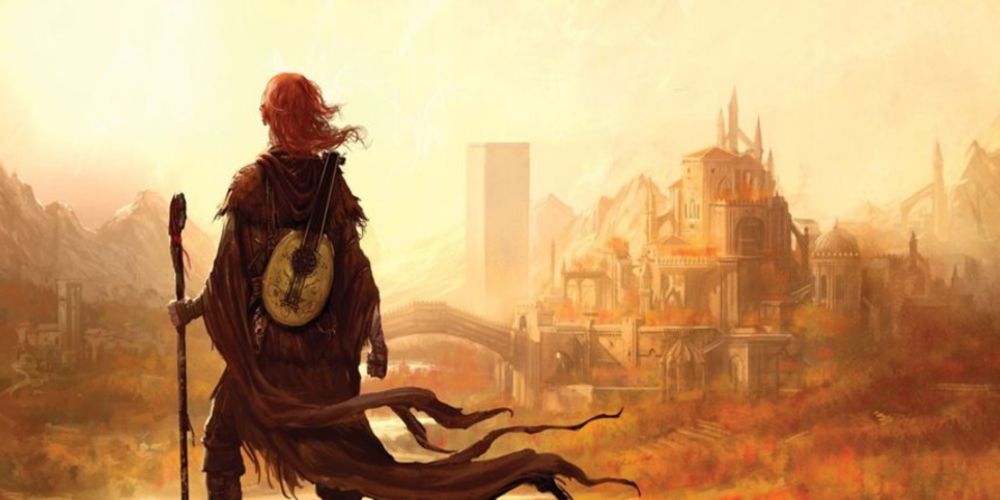
It's hard for a Bard or their party members to fail often. Expertise and Jack Of All Trades make any Bard's skill checks easier. Bardic Inspiration allows other party members an extra die to roll on ability checks, attacks, or saving throws. Bards regularly save their comrades with the power of song and dance.
Bards have a lot to keep track of. Whether they're trying to remember who has Bardic Inspiration, or combing through their huge list of spells looking for the right one, it can get overwhelming for some players.
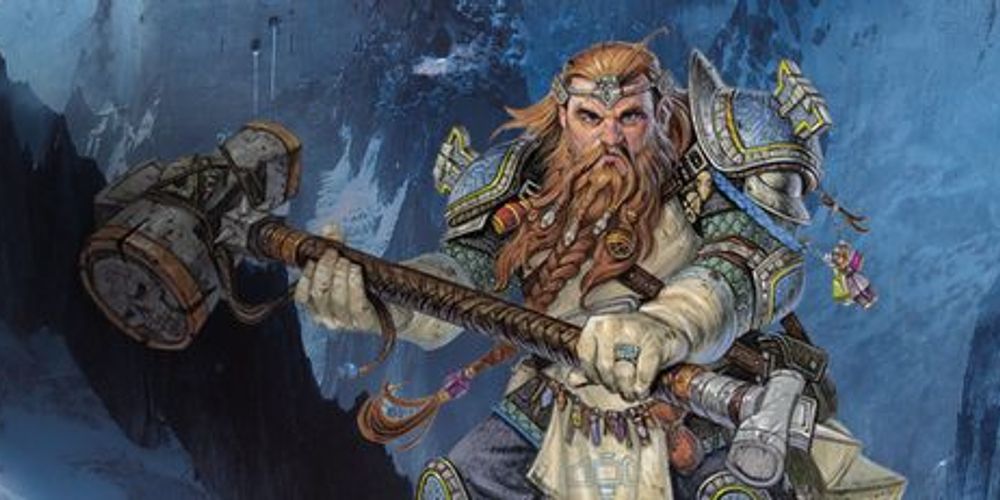
Clerics can become the only thing that stands between their party and complete annihilation. With heavy armor, spells with huge damage potential, and the ability to heal, D&D players far and wide rely on their party's Clerics — and that Cleric's deity — when faced with difficult enemies.
It can be easy for Clerics to become pigeonholed, especially in parties full of characters who love to put themselves in danger. Despite their access to plenty of damaging spells, several Clerics get stuck using up all their spell slots to restore the party's HP. It can be a shame, rarely getting to truly show off.
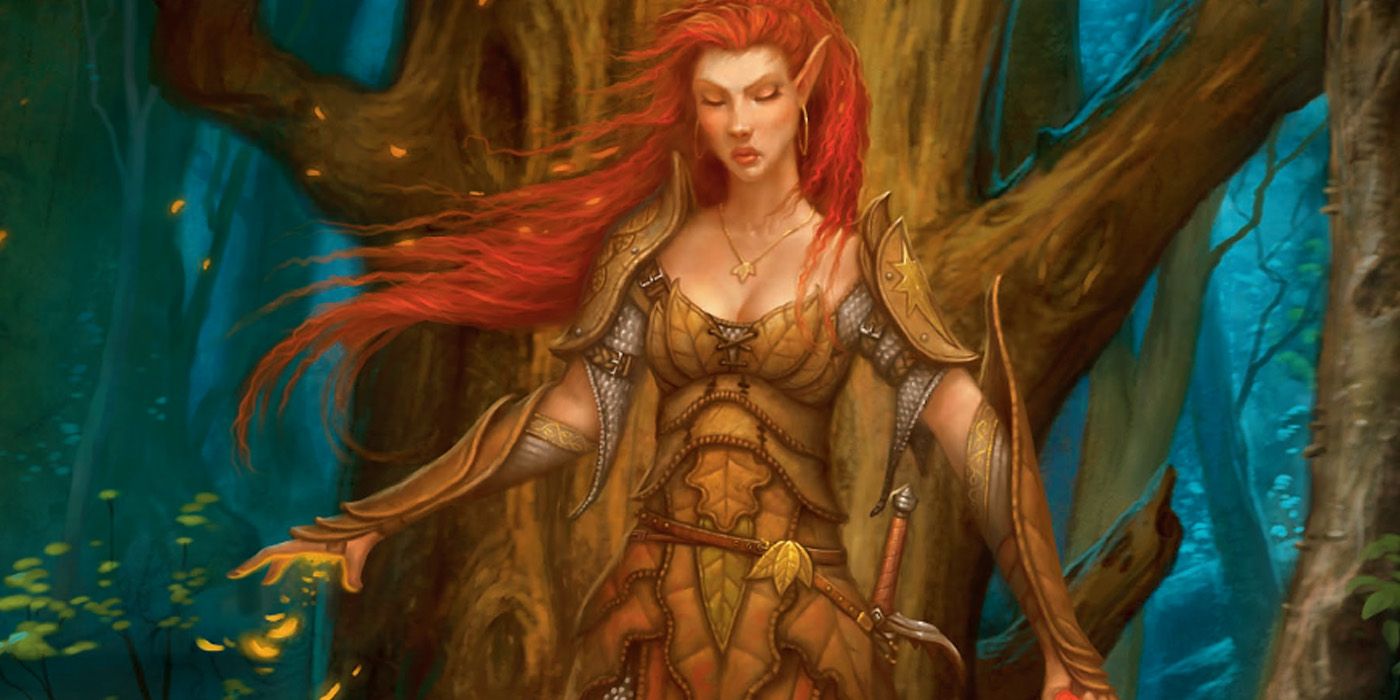
Perhaps the best-known feature of the Druid is its Wild Shape feature, allowing the character to take the form of an animal. Whether attacking as a lion, sneaking under a door as a mouse, or scouting dangerous terrain as an eagle, this shape-shifting power can make situations almost too easy.
RELATED: Dungeons & Dragons: How To Role-Play Like A Pro
Like Bards, Druids need to multitask and keep track of several things. They need to know the stats and abilities of every Wild Shape they can take and creature they can summon. These abilities can be immensely powerful, but only if the Druid remembers what they're doing.
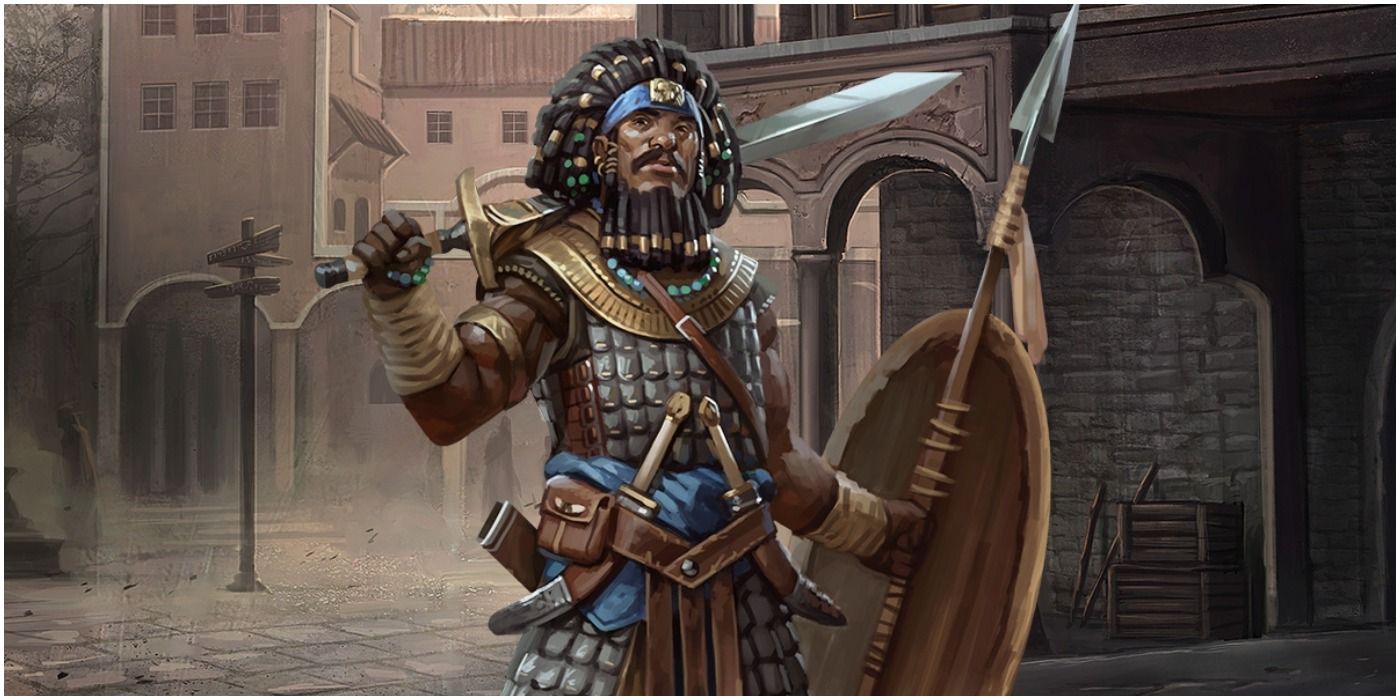
Playing a fighter is straightforward and easy to master, making the class a great option for first-timers. Fighters are flexible and can hone their skills in a particular style for extra damage. As they level up can attack 2-4 times per action, decimating enemies.
Because of how simple it is, playing a fighter can feel flat for some. Despite the multitude of subclasses available, most boil down to hitting enemies with weapons and little more. More experienced players often multiclass with Fighter, since it can start to get dull after awhile.
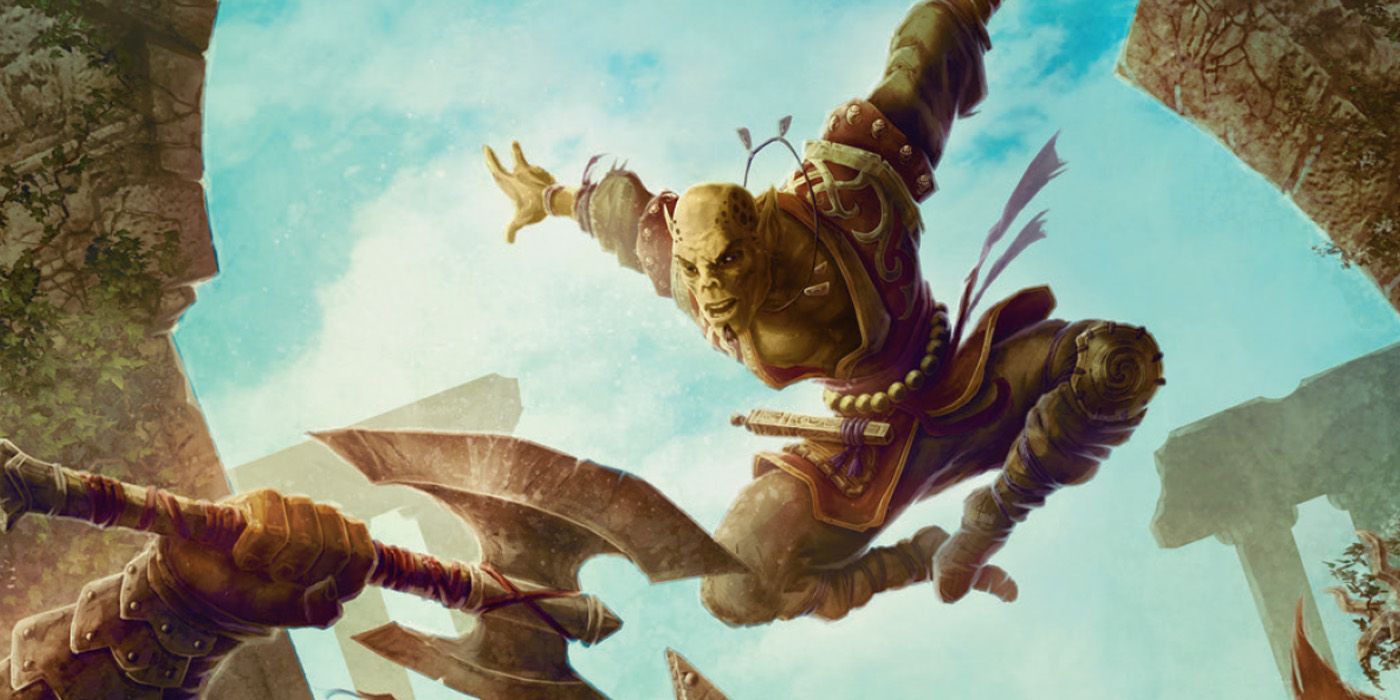
Monks are masters of ki, the body's mystical energy force. They can use their ki to pack extra punches, or wriggle out of an enemy's grasp. As they level up, a Monk's ki becomes powerful enough to stun or drain the life force of an enemy. With powerful fists and natural defenses, Monks rarely need weapons or armor.
Despite the interesting aspects that ki has to offer, it tends to drain quickly, leaving Monks vulnerable and weak. Once a Monk runs out of ki points, they become fragile, easy to hit, and can no longer deal high damage.
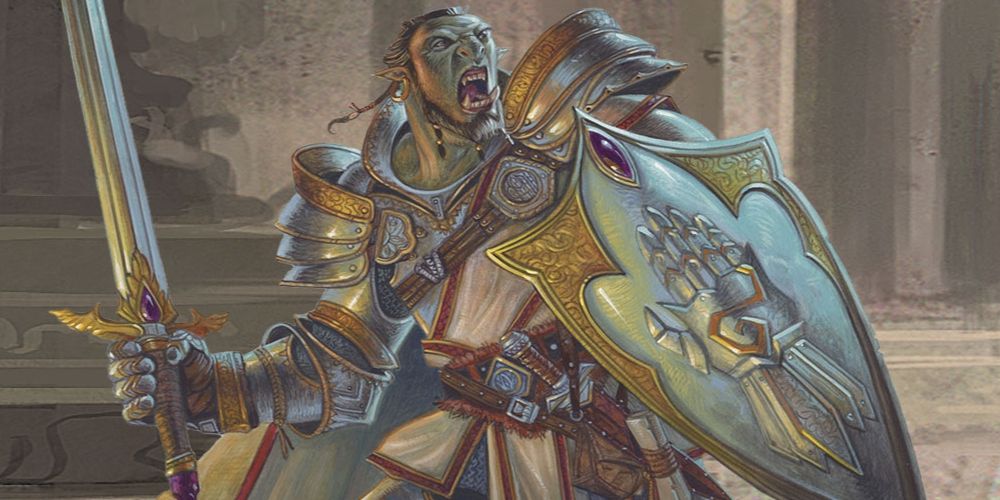
Paladins fight in the name of the gods, and can infuse their weapons with Divine Smite. Using a spell slot, players can allow their weapons to do extra radiant damage, depending on the level of spell slot. Dealing both magical and physical damage, Paladins leave no foe unscathed.
The most effective Paladin spells typically require Concentration. They cannot cast other Concentration spells or take damage without losing the spell's effect. This means that Paladins often make difficult choices early in a fight, and the wrong one can spell disaster.
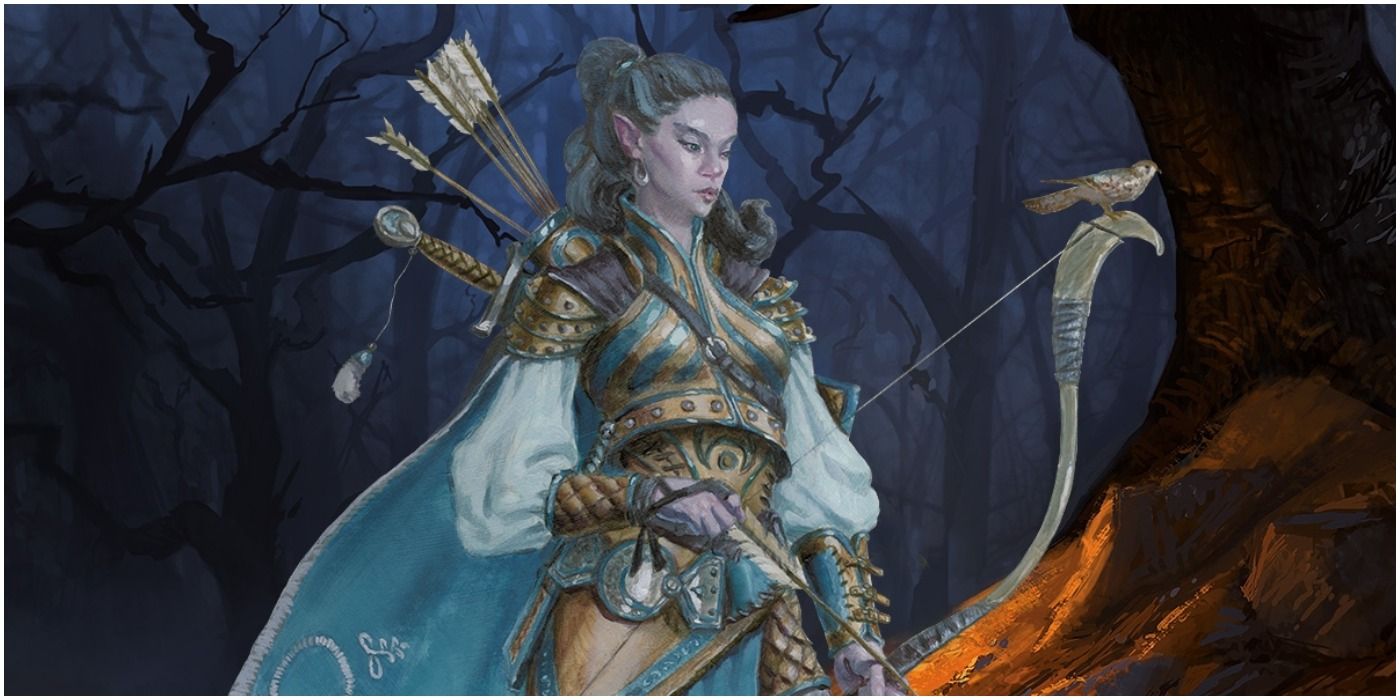
Rangers are well-rounded, combining features of the Fighter, Druid, and even a few Rogue characteristics. They can use spells to befriend beasts or creating exploding arrows, and can camouflage themselves into the environment. Like most fighting classes, Rangers choose their fighting style and gain bonuses.
The Ranger has earned itself a bad name, as many of its abilities are highly situational. Natural Explorer and Favored Enemy only provide benefits related to specific terrain or creatures, respectively. Despite its combination of strength, stealth, and magic, the Ranger is not a very flexible class.
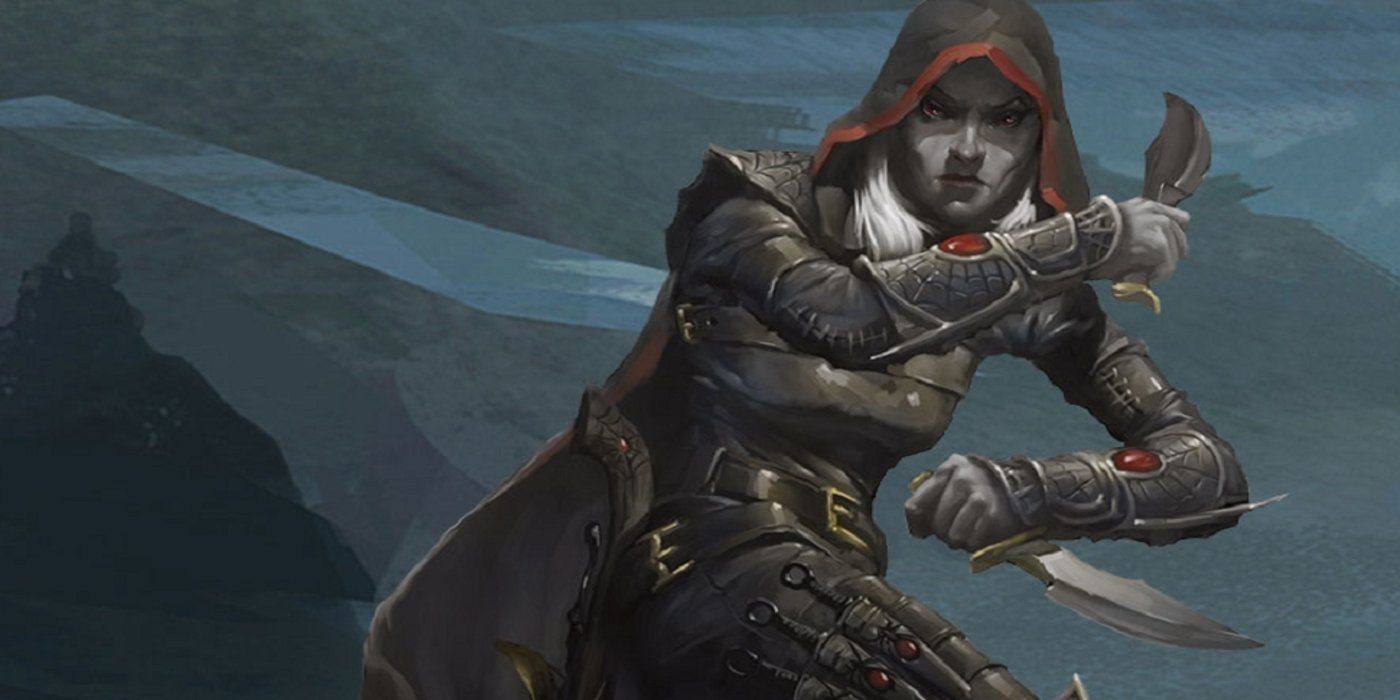
Rogues are sneaky, stealthy, and almost impossible to pin down in combat. As long as they remain hidden, they can do massive damage with sneak attacks. Furthermore, their stealth can help them avoid combat altogether. Sneak past guards, tiptoe around bandits, and escape without a scratch.
RELATED: Dungeons & Dragons: Tips For Playing A Half-Elf
If those evasive abilities fail, it becomes difficult for a Rogue to do much. Since they rely on sneak attacks, any foe who can't be hit this way will take little damage from a Rogue's blade. Always have a backup plan, just in case the enemy proves to be perceptive.
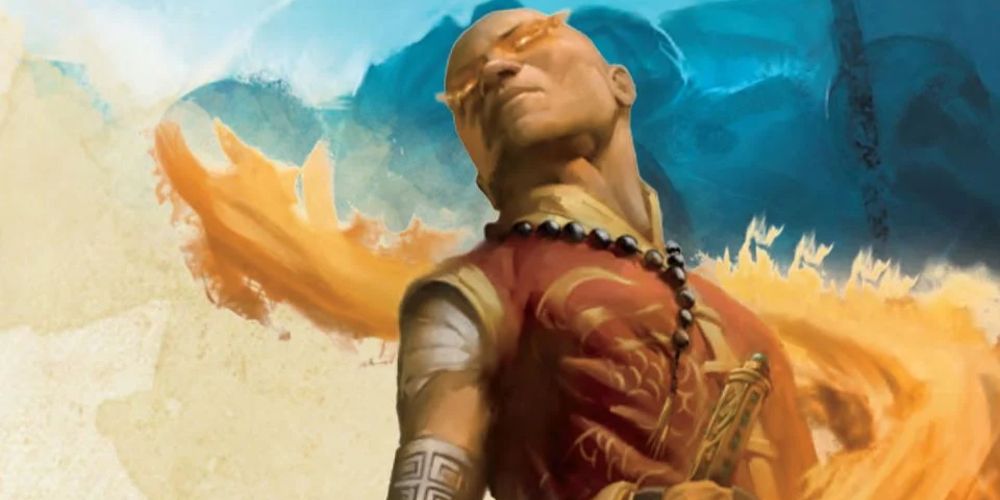
Metamagic effects allow Sorcerers to fine-tune their spells. With every spell they cast, players can use sorcery points to increase their range, protect party members from AOE damage, increase their potency, and more. These can help circumvent common drawbacks, such as allies getting caught in the crossfire.
Sorcerers are notoriously fragile. With a d6 hit die, their HP is extremely low, and their tendency towards low constitution doesn't help. Though these glass cannons are capable of great power, they're also capable of getting killed by a single blow.

As a Warlock, players gain access to Eldritch Invocations. These gifts from their mysterious patrons allow Warlocks to massively increase the power of their cantrips, cast certain spells without using spell slots, eliminate the need for rest, and more.
For a casting class, Warlocks have abysmally few spell slots. Especially at lower levels, players must be incredibly judicious in how and when they use their spells. Otherwise, they run the risk of facing down a fearsome enemy and having little power to attack with.
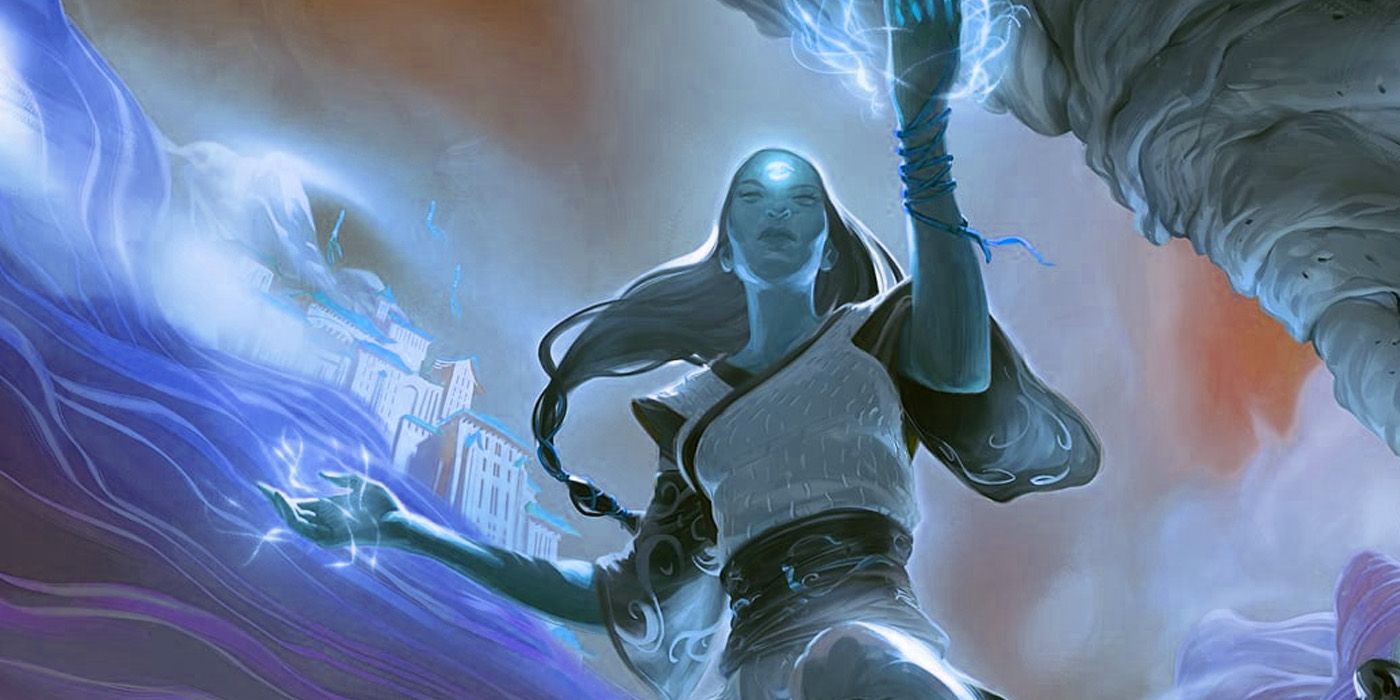
Among the casting classes, Wizards have access to the most numerous and varied spells. No matter the situation, chances are a Wizard has a spell for the occasion. They can protect the party, search for magical traps, create distracting illusions, or vaporize enemies with fireballs.
Because their knowledge stems from study, Wizards must keep their spellbook on their person at all times. If they fail to do so, they cannot cast spells and effectively become useless. Yet, this downside is minor considering a Wizard's power.
NEXT: Dungeons & Dragons: Weirdest Creatures In The Monster Manual

